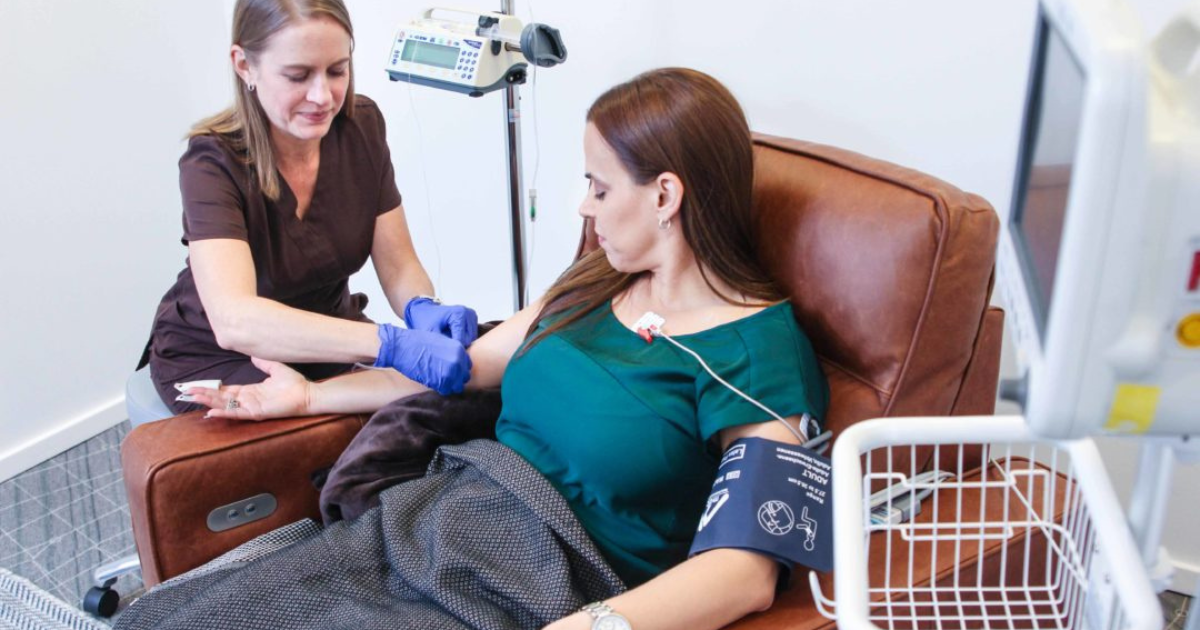37-year-old Marisa Russello was struggling with suicidal thoughts on a daily basis. These thoughts, like a cascading domino effect, sent her spiraling into doubt and self-questioning whenever she attempted to work on her manuscript.
Depression had stolen her ability to find solace in sleep, leading to the development of insomnia and a reversed sleep schedule.
Despite her determination to resist the intrusive feelings, her mind seemed resolute in its insistence on a bleak narrative. This darkness, an unwelcome tenant in her consciousness, refused to release its grip.
Russello’s struggle with suicidal ideation began at the tender age of 12, compounded by a diagnosis of bipolar disorder in her teenage years.
In 2016, a grave suicide attempt marked a critical turning point, leading to numerous hospitalizations and an urgent quest for new ways to anchor herself in the realm of the living.
Ketamin Treatment for People Struggling with Suicidal Thoughts
As a member of a Facebook community dedicated to those navigating the complexities of bipolar disorder, Russello stumbled upon posts detailing the transformative potential of intravenous (IV) ketamine.
Individuals like her shared how this treatment had not only alleviated their suicidal ideation but, in some instances, obliterated these haunting thoughts entirely. Fueled by desperation and a willingness to try anything, in 2019, at the age of 33, Russello resolved to embark on her own IV ketamine journey.
However, the optimism she harbored was met with resistance from her insurance company.
Despite the promising outcomes reported by individuals like Russello, accessibility to this potentially life-saving treatment remains a contentious issue.
The profound impact of ketamine on alleviating suicidal thoughts is evident, but formidable barriers persist, preventing many from reaping its benefits.
This poignant narrative underscores a larger societal dilemma: the disconnect between the transformative potential of ketamine treatment and the challenges individuals face in accessing it.
The tug-of-war between desperate hope and bureaucratic red tape is a stark reminder of the urgency to address these accessibility issues, ensuring that those in the throes of despair have a fighting chance at a brighter tomorrow.
In an era where mental health advocacy is gaining momentum, the story of Marisa Russello serves as a poignant reminder that progress in treatment options must be met with parallel strides in accessibility and affordability.
The narrative paints a vivid portrait of resilience, where individuals, like Russello, are willing to grasp at any glimmer of hope to reclaim their lives from the clutches of despair.
As discussions surrounding mental health continue to gain prominence, it is imperative that we bridge the gap between groundbreaking treatments and the individuals who need them most.

